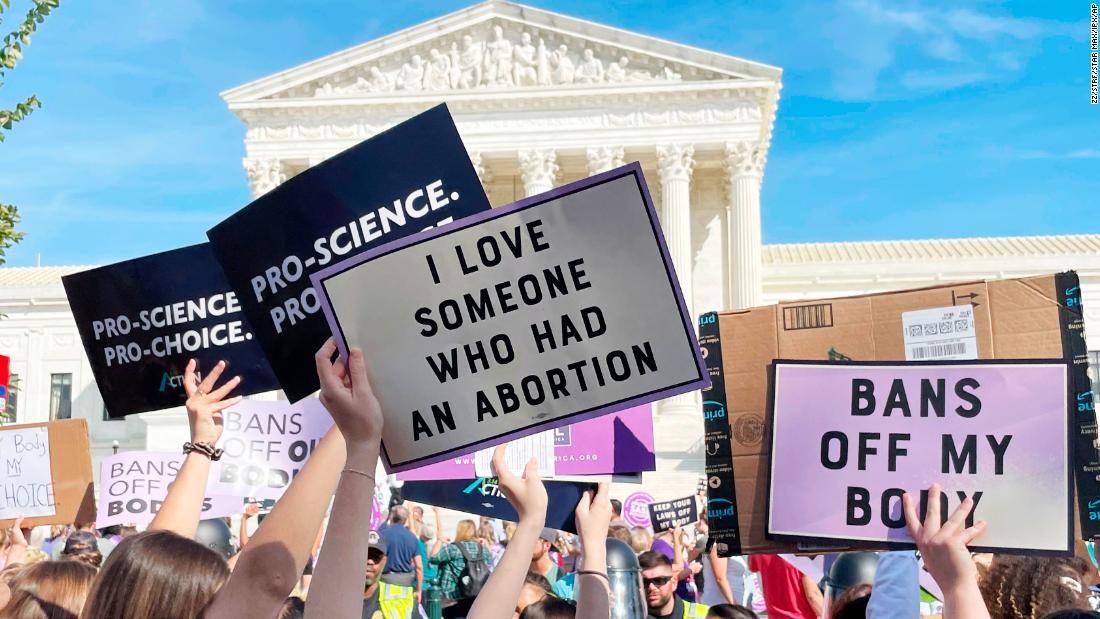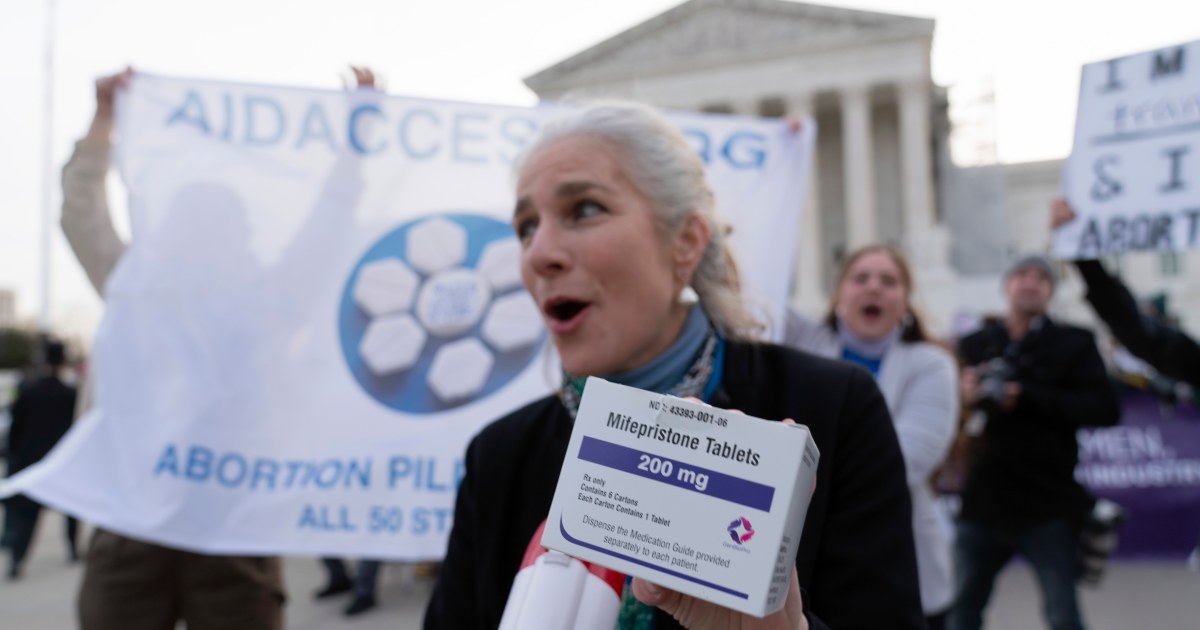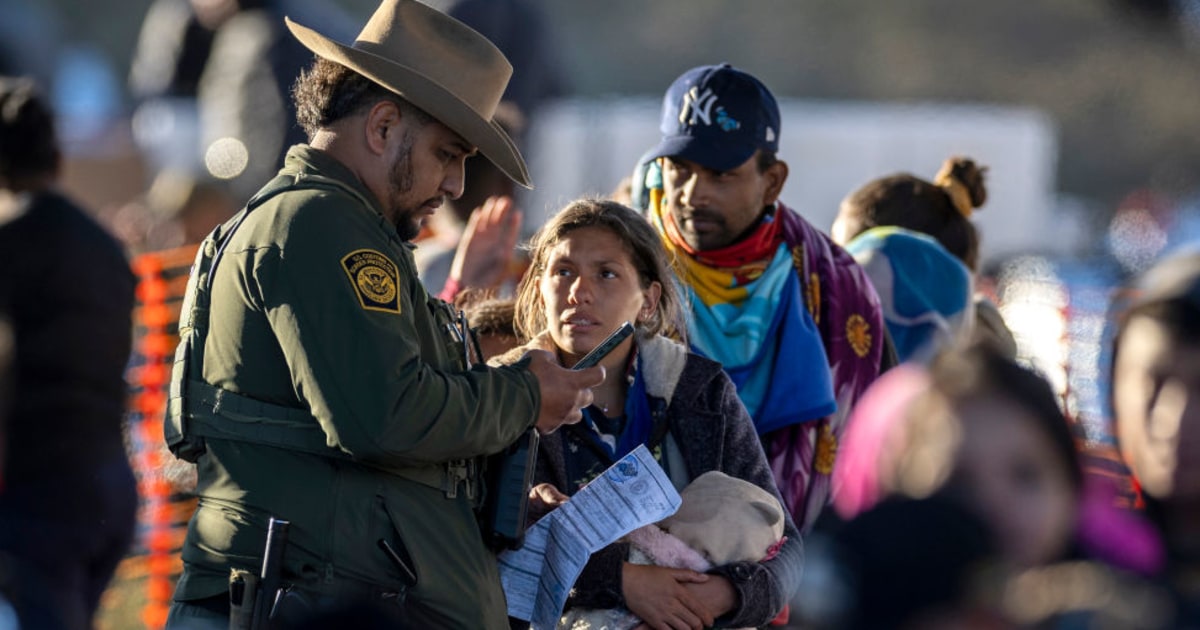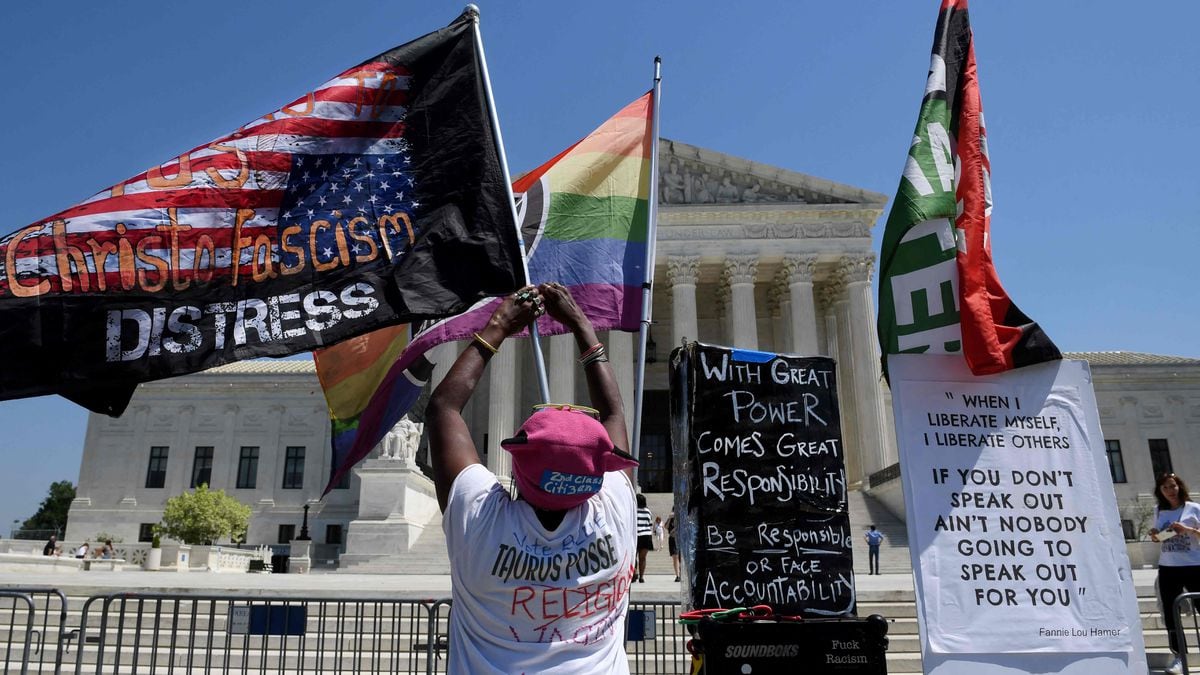They ask that Supreme Court intervene on abortions in Texas 1:32
(CNN) -
The United States Department of Justice made a formal request to the Supreme Court on Monday to intervene and block a controversial Texas law that bans most abortions after six weeks of pregnancy while they are resolved. legal challenges.
The law is "clearly unconstitutional" and allowing it to remain in effect "would perpetuate the current irreparable harm to thousands of Texas women who are denied their constitutional rights," argues the Justice Department.
The emergency request will once again put judges at the center of the storm created by the law that bans abortions before most women know they are pregnant.
What is the Texas abortion ban about and why is it important?
The court requested a response from Texas before noon Thursday.
In addition to asking the judges to stop the law now, the government also wants the court to agree to hear oral arguments in this legislature and decide for itself whether the law passes the constitutionality test. If the judges agree to this request, the level of the dispute would rise and the case would be resolved at the end of June.
It would also allow magistrates to consider the matter with full information and oral arguments, rather than having to intervene urgently.
In September, the first time the Supreme Court allowed the law to go into effect as part of another challenge, it did so on its list of emergency cases, often referred to as a "shadow agenda," drawing criticism from those who they considered that the judges had acted rashly without the benefit of having complete information on the matter.
advertising
However, under normal circumstances, judges do not like to add a case to their file before it has gone through the
normal appeals
process
.
On September 1, a deeply divided court allowed the Texas law to go into effect, as part of a different legal challenge presented by abortion providers. That decision made Roe vs. Wade in dead letter in the second largest state in the country. Since then, other challenges to the law have been denied in court.
When the judges reconsider the law, they will review the record that details how the law has affected women and clinics in the past six weeks. In their affidavits, abortion providers say the law has had a chilling effect because staff are "beset by fear and instability," and that they "remain very concerned that even performing abortions in compliance with the law SB 8 may give rise to lawsuits by vigilantes against abortion or others seeking financial gain "under the provision of the law, which offers up to US $ 10,000 in damages .
Providers in neighboring states said under oath they have been overwhelmed by patients traveling from Texas seeking an abortion.
When Judge Robert Pitman of the US District Court for the Western District of Texas temporarily blocked the law last week, he said that from the time it went into effect, "women have been illegally prevented from exercise control over their lives in ways that are protected by the Constitution. "
A Texas woman lost her life years ago to an unsafe abortion.
Your daughter fears the same thing will happen again
And in a harsh warning to the Supreme Court, Pitman wrote: "That other courts may find a way to circumvent this conclusion is for them to decide; this court will not allow one more day the offensive deprivation of such an important right." .
However, the US 5th Circuit Court of Appeals suspended Pitman's sentence, meaning the law is in effect for now.
The court rejected the Justice Department's request to lift the suspension Thursday night, laying the groundwork for the next fight in the Supreme Court.
A key question in the case is whether the federal government has the legal right or "standing" to file the challenge in question.
The Justice Department says it does, in part, because the individuals filing the lawsuit act as agents of the state, and the government has the power to protect the fundamental rights of its citizens.
But Texas Attorney General Republican Ken Paxton says the federal government has no right to intervene.
Paxton is based on a brief submitted by Jonathan Mitchell, one of the law's architects who now represents three people who are interested in filing lawsuits against those who may violate the law.
Mitchell wrote that states "have tools in their arsenal to limit the opportunities for the judiciary to declare their statutes unconstitutional."
Mitchell said states can structure their laws in ways that "reduce or eliminate" the possibility that the laws will be challenged before they go into effect.
"And that's what Texas did," he said.
"By prohibiting state officials from enforcing the law and empowering citizens to enforce it through private civil actions, Texas has prevented the judiciary from handling" those challenges.
Mitchell added that abortion "is not a constitutional right" but is "a right invented by the courts that may not even have the majority support of the current Supreme Court."
In Monday's briefs, the Justice Department called Texas's arguments "brazen" and "dangerous."
"If Texas is right, states are free to use similar strategies to override other precedents or suspend other constitutional rights," the Department said.
Shadow agenda
The court has yet to act on a similar petition to block Texas law filed by abortion providers in the state, suggesting that magistrates may want to address both disputes at the same time.
The cases are part of the court's emergency agenda, sometimes referred to as the "shadow agenda," which has been criticized of late because the court acts without the benefit of a full briefing with oral information and arguments.
On September 1, for example, when the court allowed the law to advance, Justice Elena Kagan, joined by Justices Sonia Sotomayor and Stephen Breyer, criticized the majority for acting "hastily" on an order "of great consequence". "The decision of the majority is emblematic of decision-making in the shadow of this Court, which is increasingly irrational, inconsistent and impossible to defend," wrote Kagan.
Later that month, Magistrate Samuel Alito delivered an unusual speech in which he rejected criticism that the court had improperly handled some of the cases on its emergency agenda.
Alito said that recent criticism from the media and political actors was aimed at suggesting "that a dangerous clique is deciding important issues in a novel, secret and improper way, in the middle of the night, hidden from public view. ".
New US Supreme Court Mandate Could Produce Landmark Rulings on Abortion, Guns, Subsidies and More
The Supreme Court will examine a Mississippi law in December that prohibits the procedure after 15 weeks.
In that case, the state asks the court to vacate Roe v.
Wade, the landmark 1973 decision that legalized abortion nationwide before viability, which can occur around 24 weeks of pregnancy.
Neither Texas nor Mississippi law provides an exception for rape or incest.
Abortion in Texas















